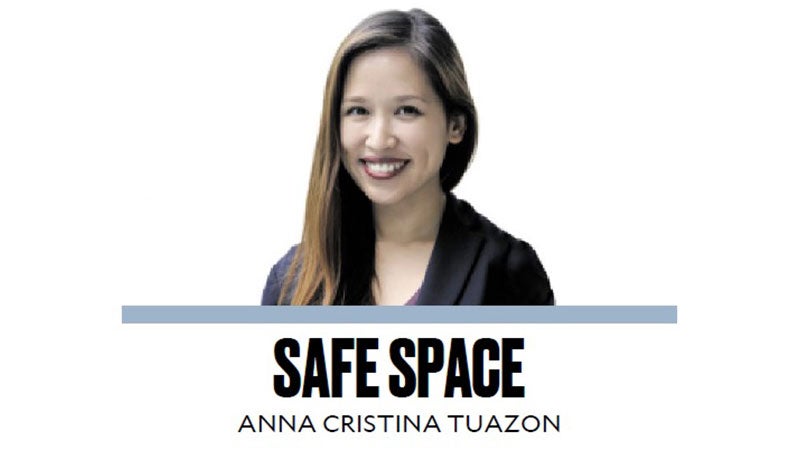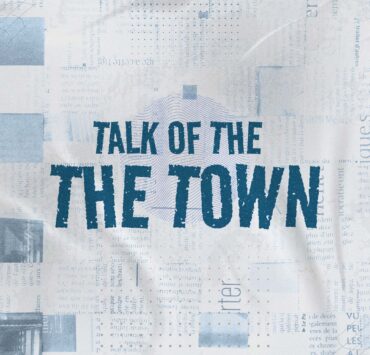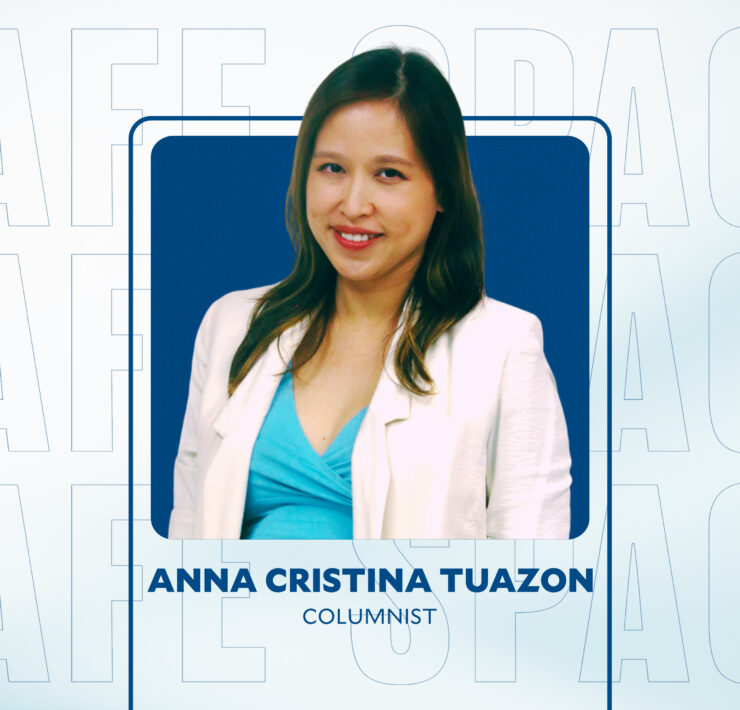Institutionalizing children as breadwinners

Sen. Panfilo Lacson has filed the proposed “Parents Welfare Act of 2025,” the latest iteration of his bill that seeks to penalize children who fail to provide financial support for their elderly, sick, or incapacitated parents. This bill, if approved, would make this a criminal offense, carrying jail time on top of fines.
While the intent may be noble and compassionate toward elderly parents, it misses the mark by using a punitive stick to foster family relations. It is also shortsighted when it comes to the welfare and needs of adult children, who are often taking care of their own children while taking care of their elderly parents, known as the sandwich generation.
At worst, it institutionalizes children as breadwinners, already a concerning phenomenon within Filipino families. As an educator, I have seen college students surrender their scholarship stipends to their families when the intent of such money is so that they can afford books and other expenses and concentrate on their schoolwork. I see students being pressured by their parents to finish school as fast as possible so they can contribute to the household, leading to mental health difficulties. Some students must work while at school, not just to cover their own expenses but to help their parents financially. It is heartbreaking when we see students with bright potential fail to achieve it because they are saddled with financial responsibility at such a young age.
The impact of institutionalizing children as breadwinners will also disrupt or delay their family life stage. Already, Filipino adults are either choosing to get married much later in life or opting out of creating their own families altogether, due to financial constraints related to having to take care of their families of origin. This will further disincentivize adult children from moving forward and building a life of their own.
Traditional family life stage cycles would see adult children in their 50s having to take care of elderly parents. At this point, hopefully a family of their own—as well as basic security in life—has been established, with their children not requiring as much intensive care. This allows adult children the mental and financial breathing room to take care of their parents. However, the demographic trend of parents having children later in life means that children will have elderly parents relatively young, in their 20s or 30s, when they are expected to focus on building their careers, establishing financial security, and creating their own families. This is no longer the sandwich generation—this is the squeezed generation. Having to take primary responsibility for elderly parents at this age will potentially foreclose any appetite or energy toward investing in a new family, making these needs compete with one another rather than as a complementary developmental life challenge.
From a rights perspective, this bill will make it such that children will be born having this legal burden. Parents choose to be parents. Children do not. They do not have a choice as to whether they will have parents nor who their parents will be. This will legalize “utang na loob,” where children are born to become caregivers. Already, we know of some parents choosing to have children so that someone will take care of them in their old age, seeing child-rearing as a retirement plan. This colors the parent-child relationship in unhealthy ways, breeding resentment on the part of the child, and fostering unrealistic expectations on the part of the parents. This will also make it harder for children to break away from abusive parents, who will certainly hold this bill over their heads. As much as we want to foster family ties, we don’t want any member to feel trapped and bound.
The bill also further isolates the elderly who are not parents. If we are mandating children to take care of their elderly parents, who will take care of those without children? If anything, the government should focus on ensuring that all elderly have their needs addressed, regardless of whether they have children or not. This also puts an undue burden on an only child as opposed to those with siblings who will share the responsibility.
Instead of mandating parental care, how about we incentivize family support or make supporting families easier? Provide tax breaks or benefits for those who identify their parents as their dependents. Prioritize fixing the Philippine Health Insurance Corp. so that health-care costs associated with the elderly are not dream-crushing for the adult child. Improve the Social Security System so that retired persons have a livable pension and do not have to depend financially on others. Improve accessibility of roads, transport, buildings, facilities, and government services so that people with mobility issues, including the elderly, can live their lives independently and autonomously.
If it takes a village to raise a child, it should also take a village to take care of the elderly.
—————-
aatuazon@up.edu.ph





















